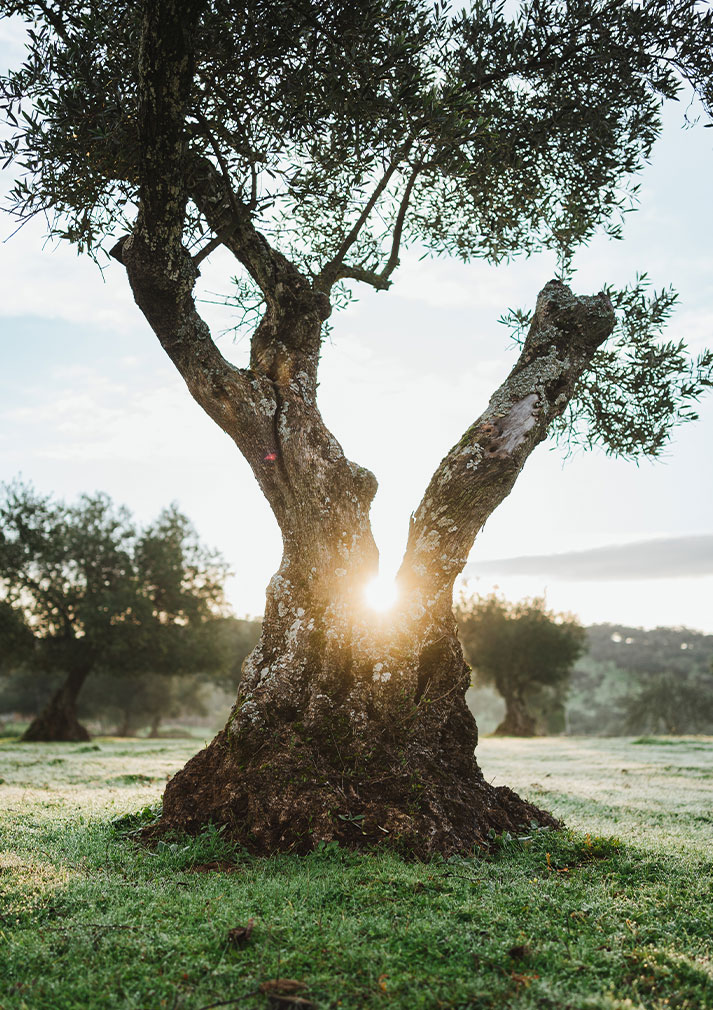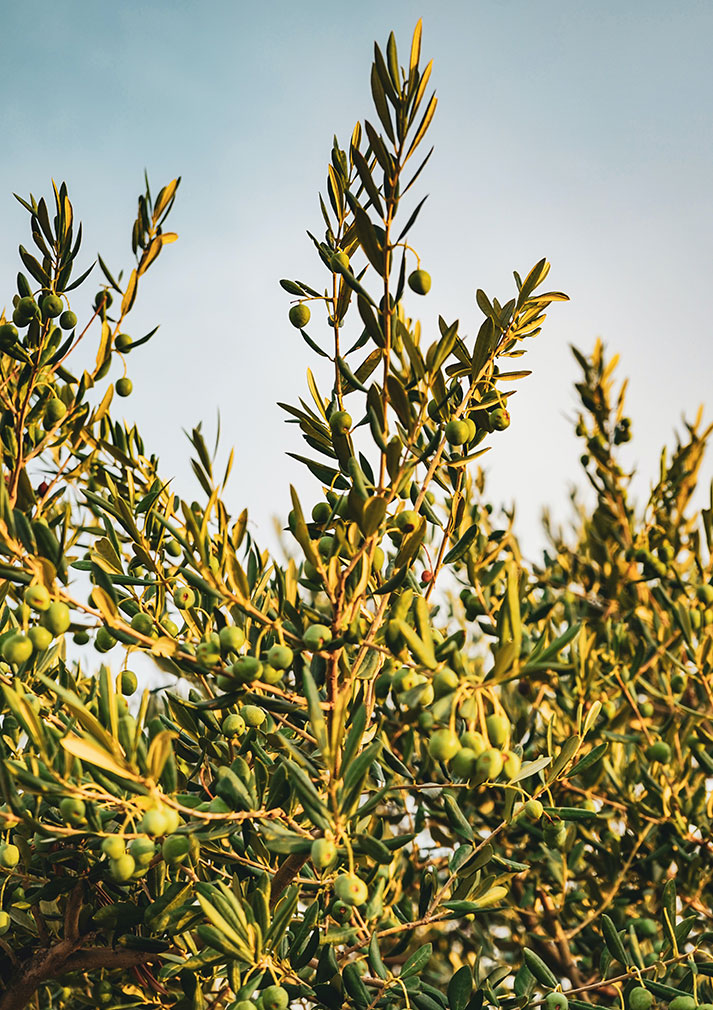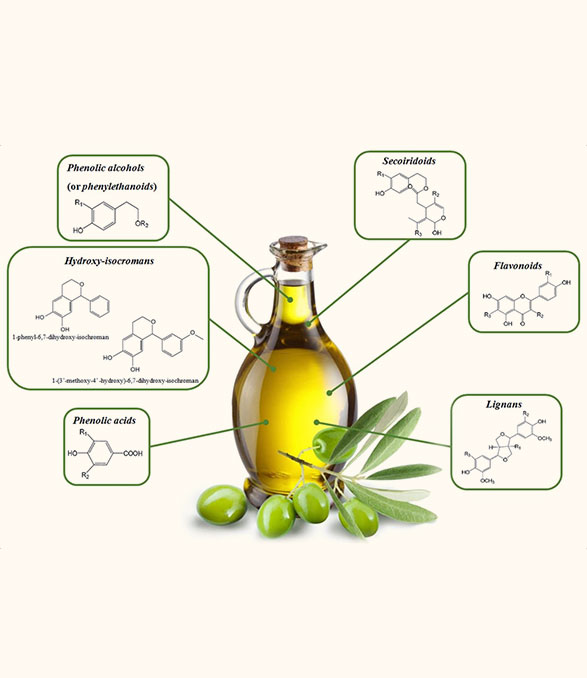

Olives Throughout History
(Belong to everyone, and no one)
Olives have a great tale. Their origin goes back centuries. Olives are the fruit of life, and olive trees are immortal. As time passes, they get younger, more beautiful, and more fascinating.
As we went through the pages of olive history, we saw that every civilisation has its own story about olive trees and their historical development. The common judgment in all civilisations is that olive oil is a gift from God to the people.
In ancient times, the goddess Athena was also known as the protector of olive trees.
The olive tree is one that neither the wind can bend, nor the freezing cold or scorching heat can harm. Olive trees fascinate everyone who sees them.
According to a rumor, Homer, who lived in the 8th century BC, mentions olives and olive trees in his epics. The olive tree, under which Homer sat, said this into the old sage’s ear:
“I belong to everyone, and I belong to no one. I was here before you came, and I will be here after you leave.”

Olive Oil
In ancient times, olive oil was called “liquid gold.”
It is a liquid that contains many aromas, such as olive oil and wine. When making your selection, keep in mind that it should be natural and extra virgin. Details such as the region, olive type, and acidity rate vary completely according to your taste.
*The colour of olive oil may change over time. The colour of olive oil changes throughout the season; fresh olive oil’s colour is a dark green thanks to chlorophyll. Over time, the chlorophyll begins to disappear, and the oil turns yellow.
* The acidity level of olive oil has no effect on its quality.
Types of Natural Olive Oil:
a) Natural extra virgin olive oil: The free fatty acidity, in terms of oleic acid, is no more than 0.8 grams of oil per 100 grams
b) Natural first-press olive oil: The free fatty acidity, in terms of oleic acid, is not less than 0.8 grams and not more than 2.0 grams per 100 grams.
c) Natural second-press olive oil: The free fatty acidity, in terms of oleic acid, is not less than 2.0 grams and not more than 3.3 grams per 100 grams.
* Daily consumption of olive oil acts as a shield for your body’s health. Organic extra virgin olive oil contains high levels of antioxidants, such as oleic acid, vitamin E, carotenoids, and oleuropein, which lower blood pressure. In addition, organic extra virgin olive oil is thought to have a protective effect against various cancers, such as breast, prostate, endometrium, and digestive system cancers. Consuming 1 tablespoon of olive oil a day will be very beneficial for your health.
* The fresher the olive oil is, the more intense its flavour. Organic extra virgin olive oil, since no chemicals are used during its production, has a fresh, exquisite, and clean taste. Olive oil that has been waiting for one year is more suitable for use in cooking, while fresh olive oil is more suitable for salad dressings and other cold uses.
* The olive tree, known as the Immortal Tree, can live for about 4000 years. The olive tree is native to the Mediterranean basin. Archaeological findings from B.C. show that it has been cultivated for 4,000 years. Throughout history, olive oil has been used not only for food but also for medicine, lamp oil, soap, and skin care.
* The benefits of organic extra virgin olive oil for the skin are endless. The polyphenolic compounds in olive oil help reduce oxidative stress in the body. These powerful antioxidants find and neutralise free radicals in the body that cause aging. Olive oil, which can penetrate deep into the skin, provides the layers of skin cells with important nutrients, such as vitamins A and E, that they most need. With regular use, it helps you feel lighter, and your skin looks healthier.





